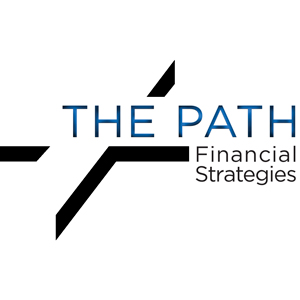As Thanksgiving approaches, we begin a season of buying and giving. We make lists and hunt for perfect gifts. We spend more time with family and friends, entertaining, eating, and celebrating. It is an exciting time of year, but along with the joys come financial temptations and challenges: The holiday season is one of the peak times for incurring personal debt. Even if cash flow escapes you
during the rest of the year, I encourage you to make a decision to be on task with your year-end purchases. Discuss November and December’s spending requirements and wish lists now, before the frenzy begins.
Two primary areas that can create holiday budget upsets are food and what I call filler gifts. We tend to ignore both, but they can add up quickly.
Food is perhaps the biggest offender to balancing the household budget throughout the year, and especially during the holidays. Think about all the parties and gatherings you will attend and take food. Consider, too, the ones you will host. Establish maximum amounts that you want to spend and write down your menu and ingredients. At the grocery store, don’t get trapped by entry displays or promotional items because often you can find better deals along the product aisles where there are more choices. Avoid last-minute impulse buys because you are unsure about having enough or uncertain whether you already have the same products at home. When it makes sense, buy larger quantities of items that you will use frequently throughout the season, but if it will take a long time to use it or it may expire before fully used, do not risk buying more just because of a sale. Coupons are fantastic – if you remember to take them. I struggle with this, so I make my list and paper clip the coupons to it.
Another holiday money saver is to ask people to bring food to events where you might have typically provided the entire menu. In addition to helping out with the budget, your guests will feel more engaged when they contribute to a great time of fellowship.
Giving gifts to others is another way to demonstrate fellowship. In our desire to bless others, we often pick up filler gifts that are ready to give, just in case we forgot someone. Sometimes they are intended as add-ons to round out other gifts we already purchased. If you are like me, you tend to have leftovers every year. These extras are just like losing money: You bought something that is going to sit on a shelf for months or never be used, when funds spent on them could have remained in your cash flow. Take time now to pull out those filler gifts that you have on hand and decide who they can bless this year. Reconsider what else you really need in order to be prepared for this year’s gift giving. Often times baking a little extra or having your kids make a craft will be better received anyway.
The best financial approach to the giving season is a cash basis. Commit to not use a credit card and buy only what you can afford. Be realistic and it will take pressure off your budget – and you – when the new year arrives. Remember: You are the best gift you can give, and wouldn’t true friends and family prefer a stress-free you much more than any food you cook or gift you buy?




